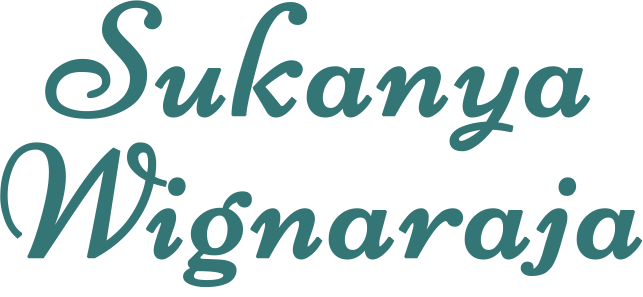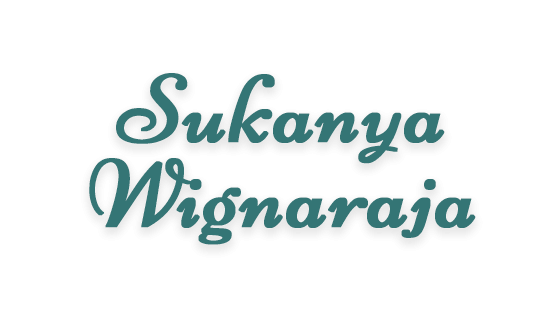We all take great care of our physical health. Many of us go for regular health checks to ensure our blood pressure, blood sugar, cholesterol etc are all within limits. We will consult a dentist for a toothache, a doctor for a stomach ache and so on.
So what about our emotional health and wellbeing? How do we look after that? Physical and emotional wellbeing are closely intertwined; they go hand in hand and we cannot have one without the other.
I believe that most of the time, we are able to maintain good emotional wellbeing without any assistance. We spend time doing the things we enjoy, we carve out quality time with family and friends, we are in touch with our emotions and so on. We are able to sort out most issues/problems successfully by using our inherent strengths and resources.
Every so often, however, we encounter issues which we may find harder to solve and this is where seeking the help of a counselor, who is a trained professional, is a good decision.

